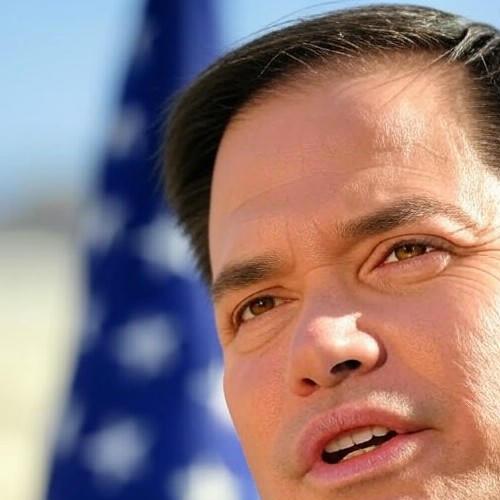Secretary of State Marco Rubio recently confirmed a significant restructuring within the Trump administration. He announced that Russ Vought, currently serving as the Director of the Office of Management and Budget (OMB) and the acting director of the Consumer Financial Protection Bureau, will take charge of the U.S. Agency for International Development (USAID). This transition comes as USAID is officially set to close, having been criticized for years over mismanagement and failure to live up to its intended purpose.
“I joked with @realDonaldTrump that I had four jobs. He told me to give one to my friend Russ Vought. So I did,” Rubio expressed on social media. The decision to close USAID stems from a broader strategy initiated by the Trump administration to cut waste and redirect resources. Vought’s leadership is seen as crucial in overseeing the closeout of USAID, marking an end to an agency that has been characterized by allegations of inefficiency and political meddling.
Rubio added, “Since January, we’ve saved the taxpayers tens of billions of dollars. And with a small set of core programs moved over to the State Department, USAID is officially in closeout mode.” This announcement underscores a commitment to fiscal responsibility and a departure from entrenched bureaucratic practices.
Reacting to the news, Vought stated simply, “Happy to help! Let’s go!” His enthusiasm reflects a proactive approach to reform within the government, aligning with the administration’s larger goal of increased efficiency.
During a recent cabinet meeting, Rubio highlighted the personal significance of Labor Day for him, humorously mentioning his four roles within the administration. “For me personally, this is the most meaningful Labor Day of my life as someone with four jobs…” he said, prompting laughter among his colleagues. This light-hearted moment further portrays a sense of camaraderie as the administration continues its ambitious reforms.
The criticism of USAID is not new. Earlier this year, an interview with European journalist Bernadette Conrads shed light on the agency’s controversial activities. As a prominent advocate for accountability, Conrads discussed the broader influence of USAID and its interconnectedness with various initiatives deemed problematic. She emphasized that the perceived humanitarian efforts by USAID are often masks for ulterior motives, stating, “Foreign aid? No. It’s not about aid—it’s about control.”
Conrads has devoted considerable time to investigating the agency, alleging that it has been involved in foreign election interference and supporting unauthorized projects worldwide. She pointed out that taxpayer-funded efforts have created a complex environment of NGOs that operate under the guise of benevolence while promoting agendas that diverge from American interests. “It’s about censorship, regime change, and election interference,” she asserted, echoing a sentiment shared by many who have scrutinized USAID’s operations.
Overall, the closure of USAID under Vought’s guidance represents a definitive shift. Rubio’s remarks and the administration’s actions suggest a commitment to refocusing U.S. taxpayer dollars toward initiatives that bolster national interests. The incoming approach is seen as a move away from longstanding practices that critics argue have fueled waste and inefficiency.
This restructuring aligns with a broader trend observed throughout the Trump administration, where agencies and programs are being reevaluated for their genuine impact on both international relations and domestic priorities. As the U.S. government enters this new phase, the implications of divesting from USAID will continue to receive close scrutiny, particularly from critics who view such changes as detrimental to America’s global standing.
"*" indicates required fields


